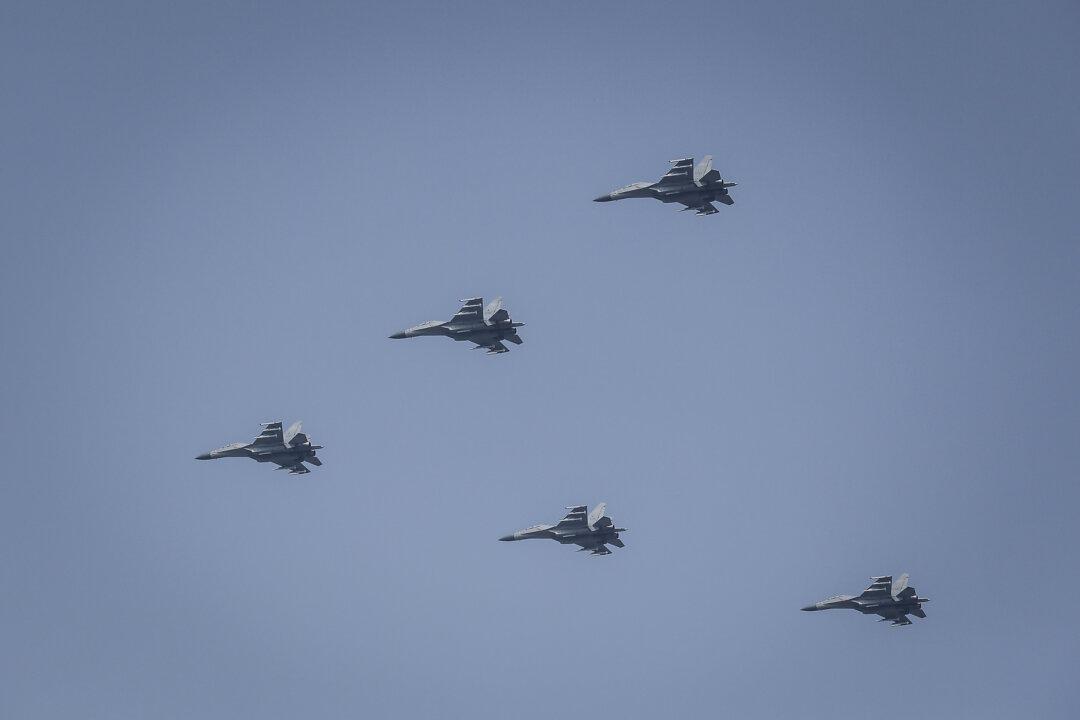The Chinese Communist Party (CCP) reportedly sent more than 1,700 warplanes into Taiwan’s air defense zone in 2022, according to a report, as the CCP intensified pressure on the self-governing island.
The CCP claims Taiwan as part of its territory despite Taiwan being an independent nation with a democratically elected government. The CCP has vowed to conquer Taiwan by force if necessary.





